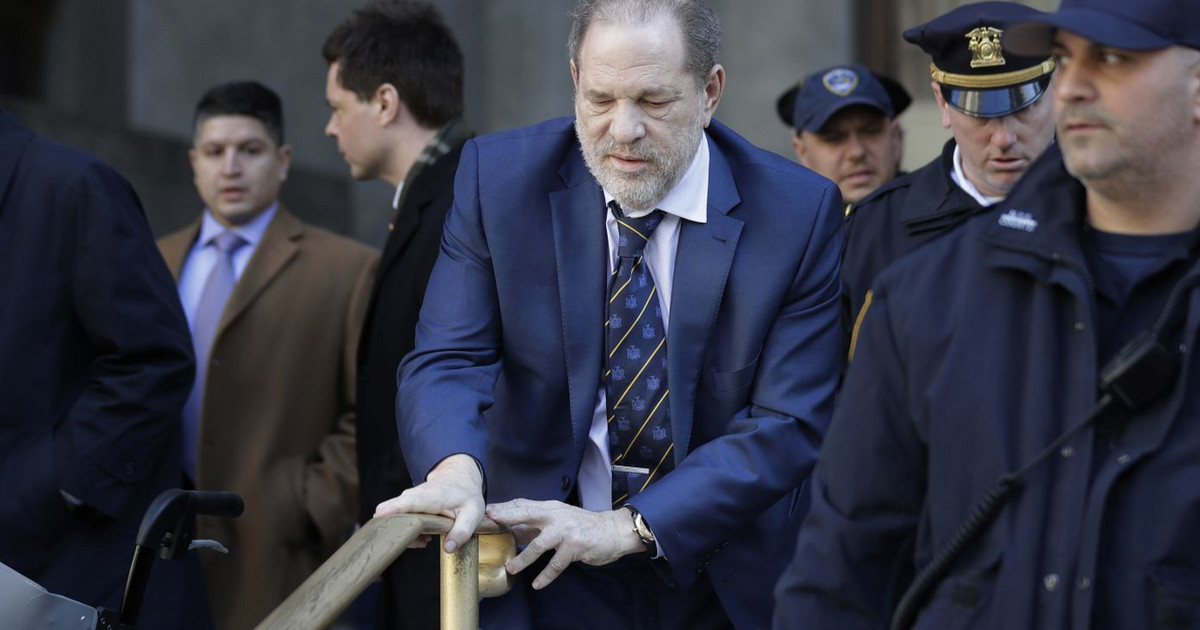Auctioned in a period of extreme euphoria with the Brazilian economy, nine highways and airports concessions face a lengthy and complex re-bidding process to end a cycle of losses involving companies, consumers and the Union.
Some assets were returned more than two years ago and there is still no expectation of a final outcome. Meanwhile, a good part of the R$ 45.5 billion of investments planned during the concessions is suspended.
Galeão Airport was the last to join this group. In February, after many attempts, shareholder change and negotiations with the government, the concessionaire succumbed to the problems and filed a request for a friendly return of the terminal.
Before him, concessions such as Via-040 (BR-040), MS Via (BR-163/MS), Concebra (BR-060/153/262), Autopista Fluminense (BR-101/RJ), Rota do Oeste (BR -163/MT), Rodovia do Aço (BR-393), Viracopos Airport and São Gonçalo do Amarante (RN) had already returned the assets.
The list should not stop there. According to market sources, other companies are studying handing over their assets for re-bidding. The current situation began to be drawn between 2007 and 2013, when Brazil was the great promise among emerging markets. The government loaded forecasts for economic growth and companies, in the bids given at auction.
In the middle of the way, however, the country plunged into one of the worst recessions in history and the projections went down the drain. Instead of growing, demand shrunk, causing a mismatch with investments. NEW READ The imbalance in contracts required the creation of a law to allow the return of assets. If in a normal concession process, the deadline is long, in a re-bidding the difficulties are even greater.
After the return process, it is necessary to sign an amendment with a period of 24 months for studies, public hearings, analysis by the Federal Audit Court (TCU) and preparation of the public notice, says the secretary of the Ministry of Infrastructure, Natália Marcassa. of Via 040, the first to be returned, in 2019, the time was not enough and a new amendment was signed.
The process should be sent to the TCU in April and the auction is expected to take place by December. São Gonçalo do Amarante is within the deadline and could be re-bid between July and August. The other concessions only in 2023.
Compensation to companies makes final delivery difficult
One of the main challenges of the re-bidding process is to find a point of consensus regarding the indemnities of the current concessionaires. As they have already made investments and delivered the concession before the end of the contract, the amounts were not amortized and must be reimbursed.
“It is necessary to know if there will be a slicing of the indemnities or if the value would be paid in full”, says the president of the Brazilian Association of Highway Concessionaires, Marco Aurélio Barcelos.
The option being worked on by the government is to make the payment immediately after the re-bidding of the undisputed amount, the one in which both parties agree that it is due. The controversial value, in which there is no consensus, would be discussed in arbitration, says the Secretary of Development, Planning and Partnerships at the Ministry of Infrastructure, Natália Marcassa. “I believe everyone will go to arbitration.”
The concessionaires, however, are not comfortable with the decision, which would be helping to extend the deadlines for re-bidding. According to Barcelos, the companies’ fear is to receive the undisputed amount and spend years discussing the rest of the indemnity.
“In addition, they will have to receive the amount of the treasury. This means that payment can be through precatories, which brings uncertainty.”
Modeling
The tendency is for the money collected in the concession to go directly to the payment of the old concessionaire. Therefore, the modeling has to be well calibrated. If the grant amount is too high, investors may not be so attracted to the asset. If it is low, there will be no money to pay the compensation.
In the case of Viracopos Airport, for example, the secretary of the Ministry of Infrastructure says that the grant amount would be around R$ 3.8 billion, which would have to be paid at the signing of the contract.
For Natália, this whole process brings an important lesson that cannot be ignored in the next auctions: the account needs to be closed. “Were it not for the new re-bidding law, the fate of these concessions would be the expiry of the contracts – that is, the assets would once again be managed by the government and the damage could be greater.
“She says that, as it is a new process, there is a learning curve. The additive term, for example, had to be constructed for these specific cases. “The first ones are taking longer because we want to close a jurisprudence for all the other cases in the TCU.
“In addition, all returned assets need a new model to attract companies. Investments and grants need to be redefined. In the case of BR-040 (Via 040), the stretch will be divided into two concessions. In São Gonçalo do Amarante, the grant will be paid at the beginning of the concession and not throughout the contract, highlights the secretary.
For lawyer André Luiz Freire, from the Mattos Filho office, the objective is to get out of the process without damages and to avoid that there is a precariousness of the services, affecting the user. He understands that the re-bidding itself is delayed by the various procedures to be followed.
“These are long-term contracts. It is necessary to estimate well revenues and investments, so as not to generate more costs.
“The partner at Pinheiro Neto Advogados, Ricardo Levy, says that most of the assets returned are economically viable. “They are unfeasible the way they were auctioned. When they are re-bids, they will be delivered zero, without the skeletons.”
Source: CNN Brasil
I am Sophia william, author of World Stock Market. I have a degree in journalism from the University of Missouri and I have worked as a reporter for several news websites. I have a passion for writing and informing people about the latest news and events happening in the world. I strive to be accurate and unbiased in my reporting, and I hope to provide readers with valuable information that they can use to make informed decisions.





.jpg)
